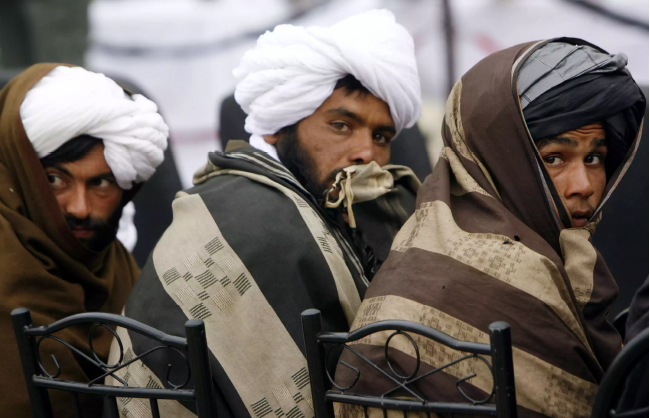Peace will come to fruition in Afghanistan if the effective factors are committed to their human responsibilities. It is an unmistakable fact that there will be no peace unless the lofty ambition for peace and its fruit are pursued persistently. Therefore, the real perspectives on effective factors and elements of peace need to be evaluated to gain an outlook for peace.
The anti-government armed militants, which are counted the main issue for war and peace across the country, are the deciding factor in making peace. In addition to having destructive power, the Taliban and their ilk own considerable social, religious and ethnic bases in the country which have created the core of war and peace in Afghanistan. Hence, reading and evaluating peace in the minds and deeds of such groups will be the basic needs for creating peace in the country. This will further unravel the grounds and tactic for peace and enlighten the outlook for peace and stability in the country.
The political backgrounds, ideological and intellectual status and practical approach of warring parties have unfolded the fact that warring parties have never revealed their tendency towards peace. So, the plan for peace should be considered in accordance with their background. First, financial restrictions should be imposed on regional and international backers of these parties and their war machine is to be undermined and their leadership should be abolished so that the warring parties yield to peace talks. Otherwise, peace will be no more than an empty slogan which will pave the ground for big political and economic game.
Second, the wide and serious regional interference in the issue of war and peace in Afghanistan is an effective point. Pakistan will be one of the most effective countries in the region which had wide and effective interference in Afghanistan’s issue. Terrorist groups such as al-Qaeda, the Taliban and ISIL orchestrate their attacks across the border against Afghanistan. On the one hand, Pakistan is part of the regional and nuclear powers with considerable population, and on the other hand, it is considered one of the strategic allies of the US. With such a strong capacity, Pakistan is one of the most effective countries which will be able to manipulate the issue of war and peace in the country.
However, peace has been veiled in secrecy for this country and no tangible step was taken in this regard. To use Ashraf Ghani’s words, there is much confusion in Pakistan’s foreign and security policy and its demands and objectives remain a mystery. That is why Afghan government was not able to include Pakistan’s demands in the peace agenda so as to address them legally. Since the outlook for peace and peaceful steps to be taken by Pakistan is not clear, there is no sense of hope for peace and stability.
Regarding this issue, international authorities mainly the US have key role in initiating the peace process. On the one hand, the US and its foreign allies gain the strong support and macro-management of Afghanistan’s political structure, had the responsibility of equipping and advising the administrative, military and economic powers and all the government activities were dependent on their supports, on the other hand, Pakistan which supports war is also one of the strategic allies of the US and gained its 15 billion dollars within a decade and half. Moreover, Arabic countries which support anti-government armed forces financially are also close to the US.
The US pursues the war strategy and its war plan was implemented in Afghanistan. Now four thousand American soldiers have been equipped to advise and train Afghan forces. However, the fact is that the strategy of war will not lead to peace. How long will war continue? The militant fighters gain wide social status and supported widely which will enable them to fight for long years.
The hope for peace will be met if the US and its allies focus on the peace strategy, rather than strategy of war, and seek peaceful solution. The peace agenda needs to be designed and the US needs to urge its Pakistani and Arabic allies to pursue peace and stability with genuine intention. Otherwise, the same trend will continue unabated. The US has recently declared that it will change its strategy towards Afghanistan and will adjust this strategy with regional approach. No doubt, if this policy is based on “the principle of peace”, hope and desire for peace will be revived. However, if peace is pursued on “the principle of war”, the ambition for peace will not come to fruition despite more troops being sent to Afghanistan.
Home » Opinion » Ambiguous Outlook for Peace in Afghanistan
Ambiguous Outlook for Peace in Afghanistan
| Mohammad Eshaq Arifi

